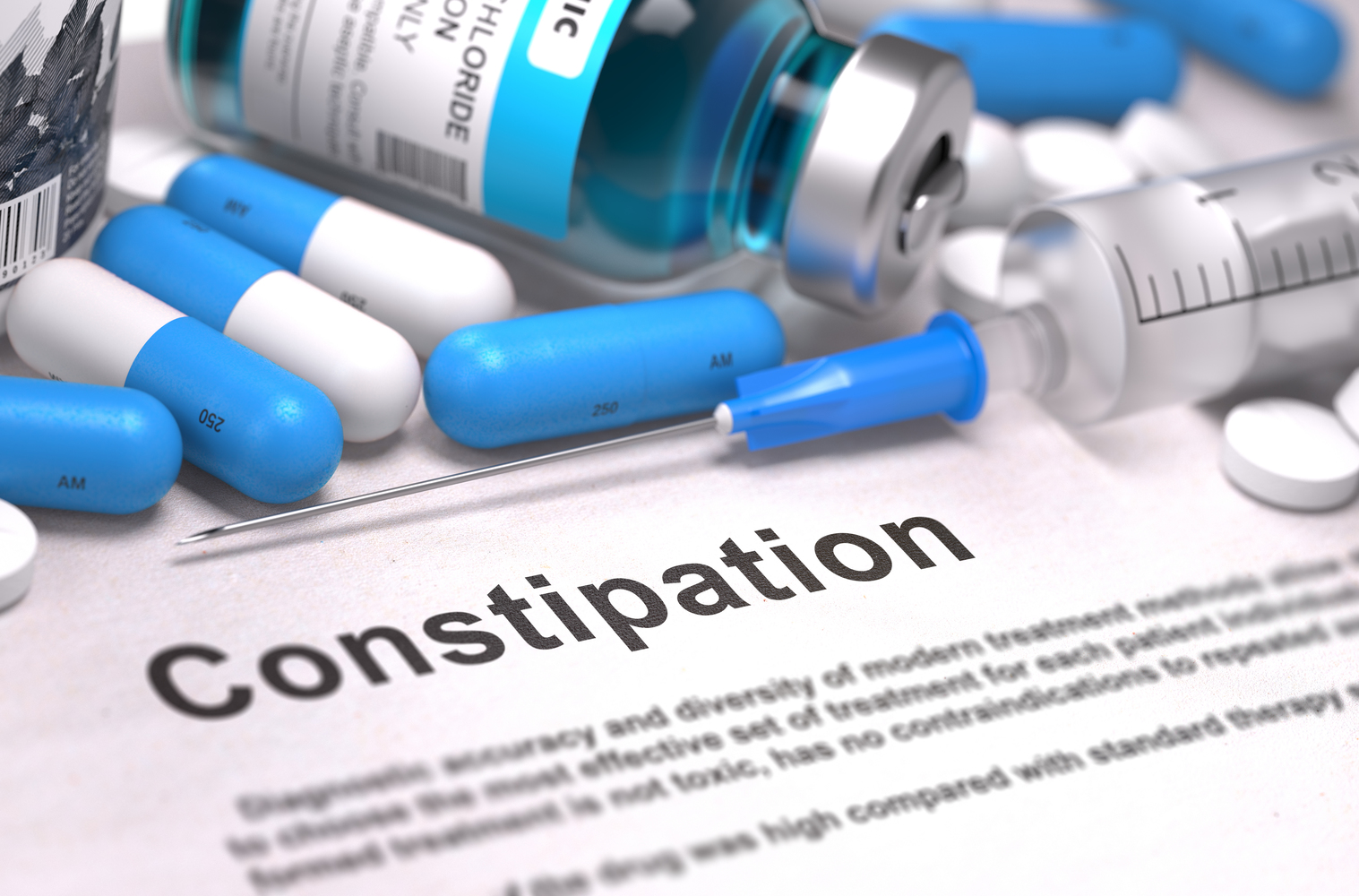
Pain Medication and the Link to Constipation
Used for a broad spectrum of symptoms of serious and chronic pain in patients, opioid drugs are very useful for boosting quality of life for people experiencing extreme pain from injuries, post-surgery recovery, terminal illnesses, etc. They’re known by many names such as morphine, codeine, and methadone. Opiods work well to reduce pain, but also have some side effects that the user should be aware of including potential addiction and opioid-induced constipation OIC (which is caused by taking pain drugs).
Luckily, OIC can be remedied via a few different methods. Let’s look at how opioids and constipation are linked:
1. Symtpoms of OIC
Symptoms of constipation caused by opioid drugs vary, but include straining when using restroom, the inability to feel the need to go, stomach pain, nausea and vomiting, fatigue and depression, bloating, abdominal tenderness, and lack of appetite.
2. Blocking nervous system signals
Opioids like Vicodin and OxyContin work by binding to specific proteins present in the spinal column, brain, and GI tract, thereby blocking receptors in your body that your nervous system uses to alert the brain to pain, keeping you from feeling it. This process can also block other nervous system signals such as the need to use the restroom, which can lead to opioid-induced constipation OIC.
3. Slowing down the digestive tract
Akin to their ability to bind to proteins is the trait of opiods of depression of the central nervous system. This depression slows down the system which controls digestion. When digestion becomes sluggish waste backs up within the body.
4. Treating opioid-induced constipation naturally
We’ve established why taking drugs like Percocet can lead to constipation, but how to treat it? The first place to start with OIC is controlling diet and exercise. Drinking plenty of fluids and eating quality sources of fiber go a long way in maintaining regularity. Coffee is a great choice due to its stimulating effect which can boost the depressed nervous system into regular function. Running also has a well-documented laxative effect and the added benefit of releasing endorphins that are naturally pain fighting. Win-win!
5. What to do when natural measures aren’t enough
Many patients wouldn’t be using Oxycodone or Demerol if they were in a condition to exercise. If serious illness or injury prevents you from exercising but OIC is still an issue, there are medications which can help alleviate it. OTC laxatives may be used, but a doctor may also prescribe various medicines if the gentler laxatives have no effect.
6. Natural herbal remedies may provide relief
Using aloe water can be an effective, gentle remedy for opioid-induced constipation and has a pleasant, cucumber taste.
The positive side effects of drugs like Percocet don’t have to be diminished by OIC. With a few changes constipation can be reduced and comfort levels returned to normal. Often diet and exercise can help greatly. When they can’t, a doctor can advise on medications to counteract the slowing effects of opioid drugs.



